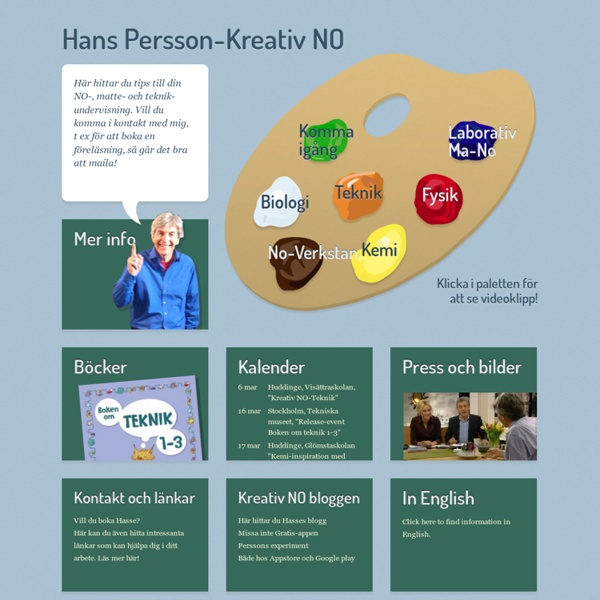



20+ Home Science Projects for Kids 52.6k Shares Here are 20+ awesome and FUN Home Science Projects for Kids! These have ALL been tried and tested by ourselves and our kids – we hope you will enjoy them all as much as we have! Learn How Plants Absorb Water – a FUN way for kids to witness how plants absorb water and nutrients!DIY Lava Lamp Experiment – this was so much bubbly FUN! World Sunlight Map Watch the sun rise and set all over the world on this real-time, computer-generated illustration of the earth's patterns of sunlight and darkness. The clouds are updated daily with current weather satellite imagery. The Mercator projection used here is one way of looking at the spherical earth as a flat map. Used since the 16th century for navigation, straight lines on this map can be used accurately as compass bearings but the size and shape of continents are distorted. Compare this with Peters, Mollweide or equirectangular projection maps. Also available is a semi-realistic view of dawn and dusk from far above the Earth, a look at the moon, and information about how this works.
KS2 Science Finding out how you move and grow. Can you label the human skeleton? When you've finished move onto the animal skeletons. Do you know which groups living things belong to? Look at the plants and animals as they go past. Eight easy science experiments that you can do with your kids Recently, children’s science parties have become very popular. Kids simply adore these magical, interesting, and fun experiments! But don’t fear, setting up these experiments isn’t challenging at all. You probably already have all the things you need at home to make your child fall in love with these activities. Bright Side collected the eight best experiments that don’t require any special skills or extra money. We’re going to try out number five right now!
7 Free iPad Apps for Science Lessons Cross-posted from my other blog iPadApps4School.com I'm preparing to do a virtual presentation for a small district next month. My hosts asked for a list of some science apps that their middle school and high school students can use. This is part of the list that has free apps. The Bill Nye The Science Guy iPad app is a free iPad app on which students can watch Bill Nye videos, play games, and discover kitchen table science experiments to do at home with their parents. The app is beautifully designed. Free Printable Timeline Template and Activity Inspired by Montessori When I visited a few Montessori schools for my son last fall, I fell in LOVE with the personalized timelines the children created that spanned the hallways. Teaching sequencing and passage of time to young children is a difficult concept, and Montessori’s use of timelines truly reinforces the abstract concept of time a concrete way for children. This timeline activity would also be a great culminating project for the months of May and June when we are wrapping up our academic years. This is a project that could truly adapt for all elementary grade levels: preschool through eighth grade. Timelines are one of those projects that families save and cherish forever!
Science Saturday What first comes to mind when you think of Seattle? Did I hear you say rain? This week’s Science Saturday project is about water and is from Seattle. Anne, a Seattle mother of three, shares her pictorial How to: Self-Watering Seed Starter Pots. Who better to know about water than a Seattlite, right? It’s still a little too early for starting seeds here in northern Minnesota, but I am anxious to give this ingenious method a try. Science Experiments for Elementary Experiment #1 What will happen when I put raisins in a cup of sprite? After you do the experiment, you will find out that the raisins DANCE! My students L.O.V.E this experiment and think that it is hilarious that the raisins dance up and down in the Sprite! Click {here} for the raisin experiment
Five seriously impressive home experiments to amaze your kids So many surprising facts can be discovered during home experiments with your kids using just common household items. While conducting such experiments, the both of you will have fun and learn something new. But, more importantly, you will definitely bond with your child. These experiments are perfectly safe, and every child will be happy to do them with your help.